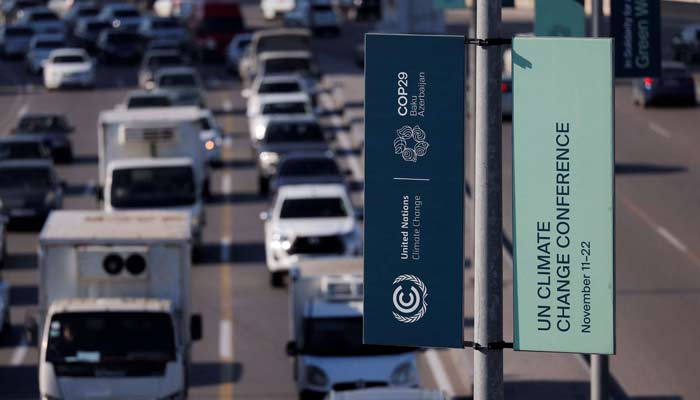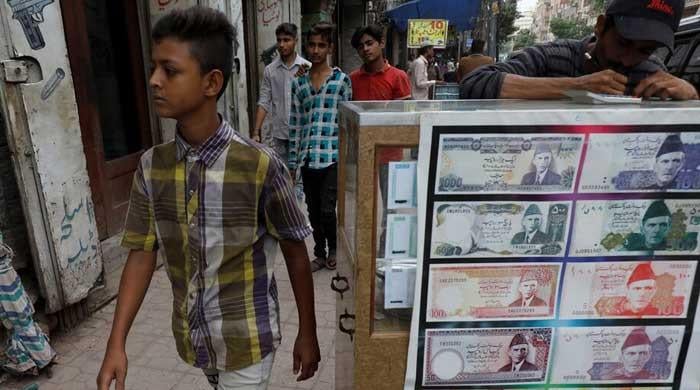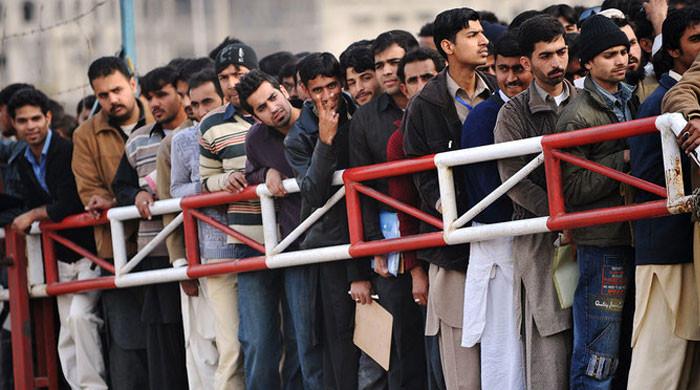A climate crossroads in Baku
Mechanisms of COP must be strengthened to ensure effective implementation of decisions made at these conferences
December 03, 2024

It took nearly 29 years to arrive at COP29, held this year in Baku under the auspices of the United Nations. The dream of clean air free from greenhouse effects, a crucial step toward mitigating the ever-increasing global warming, remains elusive.
Climate change is no longer a distant threat – it is a stark reality. Its impacts are already wreaking havoc worldwide, manifesting as devastating disasters that destroy lives, disrupt communities, and dismantle homes. These climatic catastrophes strip people of their fundamental rights to life, liberty, and the pursuit of happiness.
In Baku, delegates from some of the world's poorest countries grappled with the challenge of finding consensus on a common agenda for climate finance, a critical factor in preventing COP29 from being deemed a failure. The dire warnings of an impending climate crisis serve as a wake-up call to the world.
COP29 risks becoming a grim replica of COP15, held in Copenhagen, which failed to advance an effective agenda to counter climate disasters. After extensive negotiations, the richest countries have committed to contributing $300 billion annually by 2035 – a far cry from the $390 billion initially proposed by developing nations.
Looking ahead, Brazil is set to host COP30 in Belem, the gateway to the Amazon, next year. Brazil's Environment Minister Marina Silva voiced her concerns at COP29, stating: "After the difficult experience we are facing here in Baku, we need to reach some outcome that is minimally acceptable in line with the emergency we are facing."
The European Union, the United States, and other wealthy nations are meeting with representatives from less developed countries to craft a detailed programme to phase out fossil fuels and address climate change. However, achieving tangible success remains an uphill battle.
Pakistan is among the countries most severely affected by climate change, consistently ranking among the top ten most vulnerable nations. The catastrophic rains of 2022 impacted 33 million people and caused economic losses exceeding $30 billion.
Pakistan has actively participated in COPs to address the devastating effects of climate change. At COP27 in Sharm el-Sheikh, Egypt, in 2022, Pakistan successfully championed the establishment of a historic Loss and Damage Fund.
At COP29, the country introduced its first National Climate Finance Strategy (NCFS), a framework designed to mobilise climate finance for adaptation and mitigation efforts. The strategy outlines a comprehensive approach to climate-related investments, international financing, and the mobilisation of domestic resources to tackle the challenges posed by climate change.
The NCFS aims to enhance resilience through climate financing, enabling Pakistan to better cope with climate-related disasters.
The strategy aligns with Pakistan's climate policy goals, including a 50% reduction in emissions by 2030, with 35% of this reduction relying on international financing and 15% through domestic means. If adopted by developed nations, this approach could serve as a model for other less developed countries, representing a win-win solution for global climate action.
While the secretary's efforts are praiseworthy, it is imperative to remind her and the provincial governments to address pressing domestic issues, such as the economic toll and health hazards caused by smog.
The government has yet to incentivise the transition from high-emission vehicles to cleaner electric vehicles (EVs). Additionally, promoting renewable energy solutions, particularly solar power, is crucial for a country like Pakistan, where solar energy represents a viable and sustainable alternative.
Pakistan has sought approximately $1 billion from the International Monetary Fund (IMF) under the climate finance category, following a $7 billion bailout package under the Extended Fund Facility (EFF).
The Economic Affairs Division has also secured a $500 million climate finance agreement with the Asian Development Bank (ADB). Despite these efforts, institutional capacity remains a significant challenge.
For instance, Pakistan's climate authority is not yet functional, and other disaster management authorities lack the capacity to address climate challenges effectively. There is an urgent need to build the capacity of these institutions to tackle the looming threat of climate disasters.
The wealthy nations of the world are yet to fully acknowledge the importance of providing adequate climate financing to poor and vulnerable countries.
At COP29, delegates from nearly 200 nations noted the conspicuous absence of key global leaders, creating a void in the commitment to addressing climate challenges. The potential return of Donald Trump has further fueled a sense of apprehension, casting a shadow over the future of climate financing.
For many climate activists, this situation represents a bleak reality where climate issues are losing political priority.
The United Nations Framework Convention on Climate Change (UNFCCC) must be empowered to safeguard humanity and the planet from the catastrophic effects of global warming. World leaders and governments must recognise the urgency of addressing climate change as a top priority to avert widespread disaster and destruction.
The mechanisms of COP must be strengthened to ensure the effective implementation of decisions made at these conferences.
Climate financing to phase out fossil fuels should be a central focus, with the Global North taking the lead in supporting the Global South to reduce emissions and mitigate climate impacts. Major emitters like the US, the EU, China, India, and the United Kingdom must spearhead these efforts.
However, the capitalist-driven policies of oil-producing nations, especially those with vast reserves of oil and gas, continue to hinder progress. These nations, primarily part of the Global North, must contribute significantly to climate financing to support the Global South.
The reluctance of OPEC+ countries to transition away from fossil fuels due to economic interests poses a significant challenge. Striking a balance between their economic concerns and the urgent need for a fossil fuel-free environment is critical.
There must be a firm resolve at the UN level to enforce the decisions made at COP conferences. The sanctity of these decisions must be upheld, with consequences for those who violate them.
Given that the stakes involve the survival of humanity, climate action must be pursued with the urgency of a war effort. Violators of climate agreements should face stringent penalties. The decisions to mitigate climate impacts should be implemented with the same rigour as those made by the UN Security Council.
The road ahead is fraught with challenges, but the stakes are too high to falter. All nations must prioritise climate action, forge stronger alliances, and commit to a sustainable future. Only through collective resolve and immediate action can we hope to address the existential threat posed by climate change.
The writer is a former additional secretary and can be reached at: [email protected]
Disclaimer: The viewpoints expressed in this piece are the writer's own and don't necessarily reflect Geo.tv's editorial policy.
Originally published in The News









